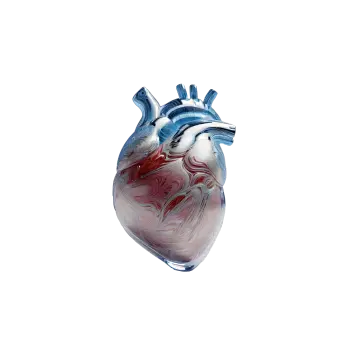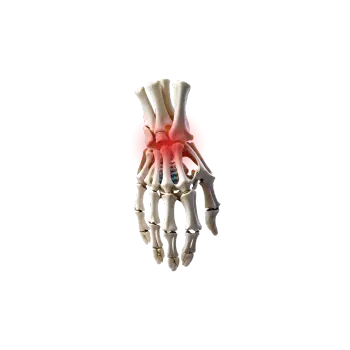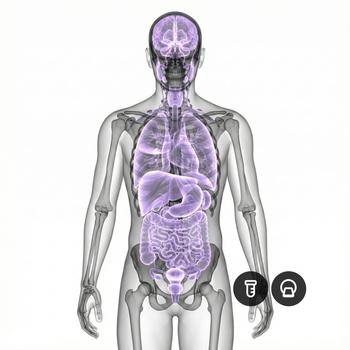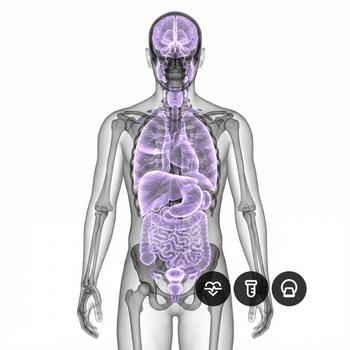What are thrombocytes (platelets)?
Thrombocytes, also known as platelets, are small and irregularly shaped cells that play a crucial role in blood clotting. They are produced in the bone marrow and released into the bloodstream.
Platelets are important because they help prevent bleeding by forming blood clots at the site of an injury. When an injury occurs, the damaged blood vessels release substances that signal the platelets to attach to the site of injury and form a clot. The clot helps stop the bleeding and protect the body from further blood loss.
Why analyze platelets?
Platelets are often measured as part of a blood count, which is a common blood test used to evaluate a person's overall health. The platelet count is expressed as the number of platelets per microliter of blood.
Abnormal platelet counts may indicate the presence of a medical condition. For example, a low platelet count (thrombocytopenia) can increase the risk of bleeding, while a high platelet count (thrombocytosis) can increase the risk of blood clots. Both conditions can be caused by a variety of factors, including certain medications, infections, and underlying medical conditions. A doctor will usually consider a person's medical history, physical exam, and other laboratory test results to determine the cause of an abnormal platelet count.
What can a high value of platelets mean?
There are several potential causes of a high platelet count, also called thrombocytosis:
- in case of chronic inflammation
- cancer
- certain medicines such as heparin and oestrogens
- in case of iron deficiency
- overconsumption of alcohol.
It is important to note that these are only some of the possible causes of thrombocytosis, and further evaluation by a healthcare provider is necessary to determine the specific cause in each individual case.
What can low value of platelets mean?
There are several potential causes of a low platelet count, also known as thrombocytopenia. Some possible causes of decreased platelets include:
- certain medicines, such as aspirin and other non-steroidal anti-inflammatory drugs (NSAIDs)
- certain infections, such as HIV and hepatitis
- autoimmune diseases can cause the body to produce antibodies that attack and destroy platelets
- certain type of cancer
- lack of certain vitamins, such as vitamin B12 and folate
- certain conditions that affect the bone marrow, such as aplastic anemia.
It is important to note that these are only some of the possible causes of thrombocytopenia, and further evaluation by a healthcare provider is necessary to determine the specific cause in each individual case.











































